The Google corporation has introduced a new open-source library Jpegli, which compresses images by 35% more efficiently while maintaining high quality.
Google researchers have been working for many years on improving data compression (Brotli), audio (Lyra V2), and images (WebP). Jpegli is their latest project aimed at improving the compression ratio of outdated JPEG files in systems where modern compression, such as WebP, may be unavailable or undesirable.
As stated in the official Google blog, among the advantages of Jpegli:
- Compatibility The encoder and decoder are fully compatible with the API/ABI of libjpeg-turbo and MozJPEG.
- High quality.More accurate and "psychovisually efficient" calculations are performed when working with images, resulting in sharper images.
- Speed. Although the image quality and compression efficiency of Jpegli are better, the encoding speed is on par with libjpeg-turbo and MozJPEG. This allows web developers to easily integrate the new library into their workflows without compromising speed and memory consumption.
- The ability to encode images with 10 or more bits per color component.Traditional libraries encode images using 8 bits per component, leading to artifacts on smooth gradients.
- Compression efficiency. Jpegli compresses images more efficiently than traditional encoders, saving resources.
How Jpegli works
Jpegli uses a number of new methods to reduce noise and improve image quality. These include:
- Adaptive quantization heuristics in JPEG XL;
- Improved quantization matrix selection;
- Precise calculation of intermediate results;
- The ability to use a more advanced color space.
Google conducted tests comparing the performance of Jpegli, libjpeg-turbo, and MozJPEG at various bitrates. The results can be seen in the diagram below.
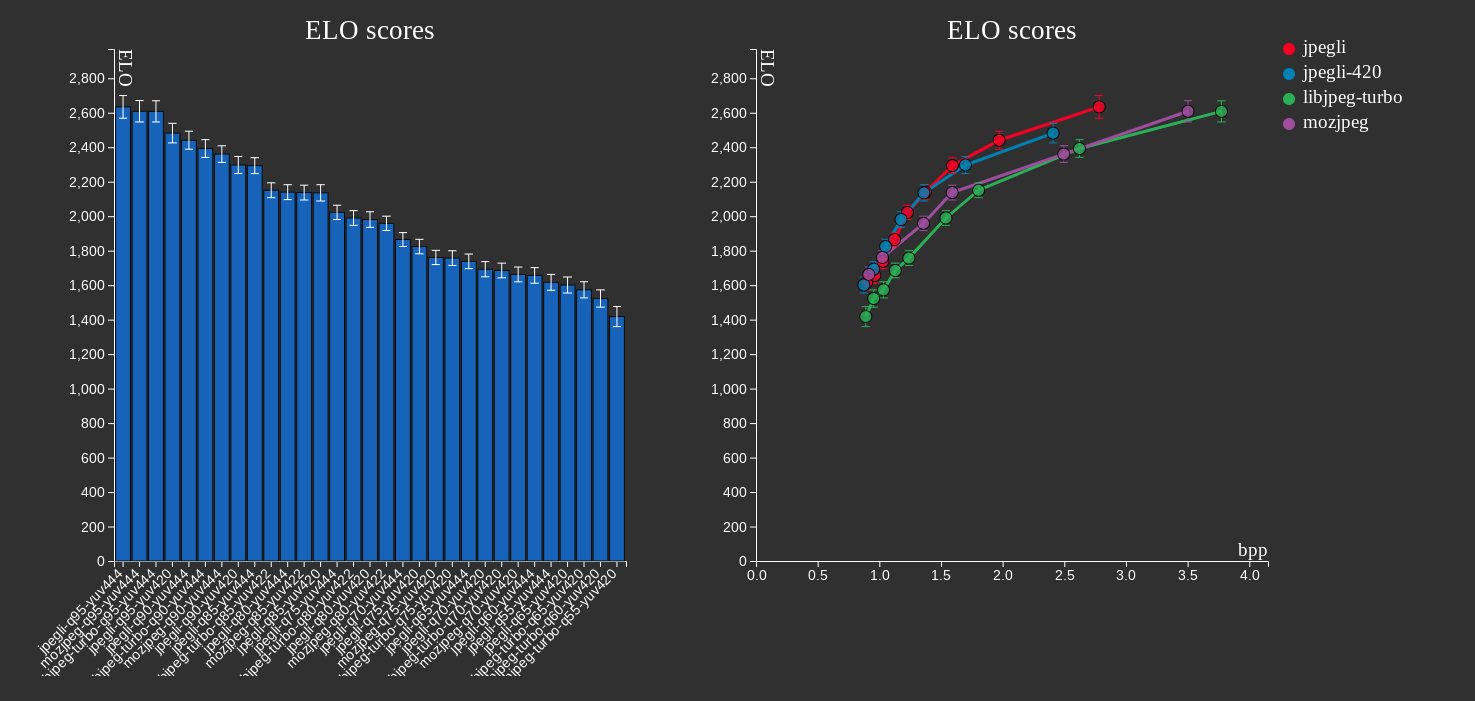






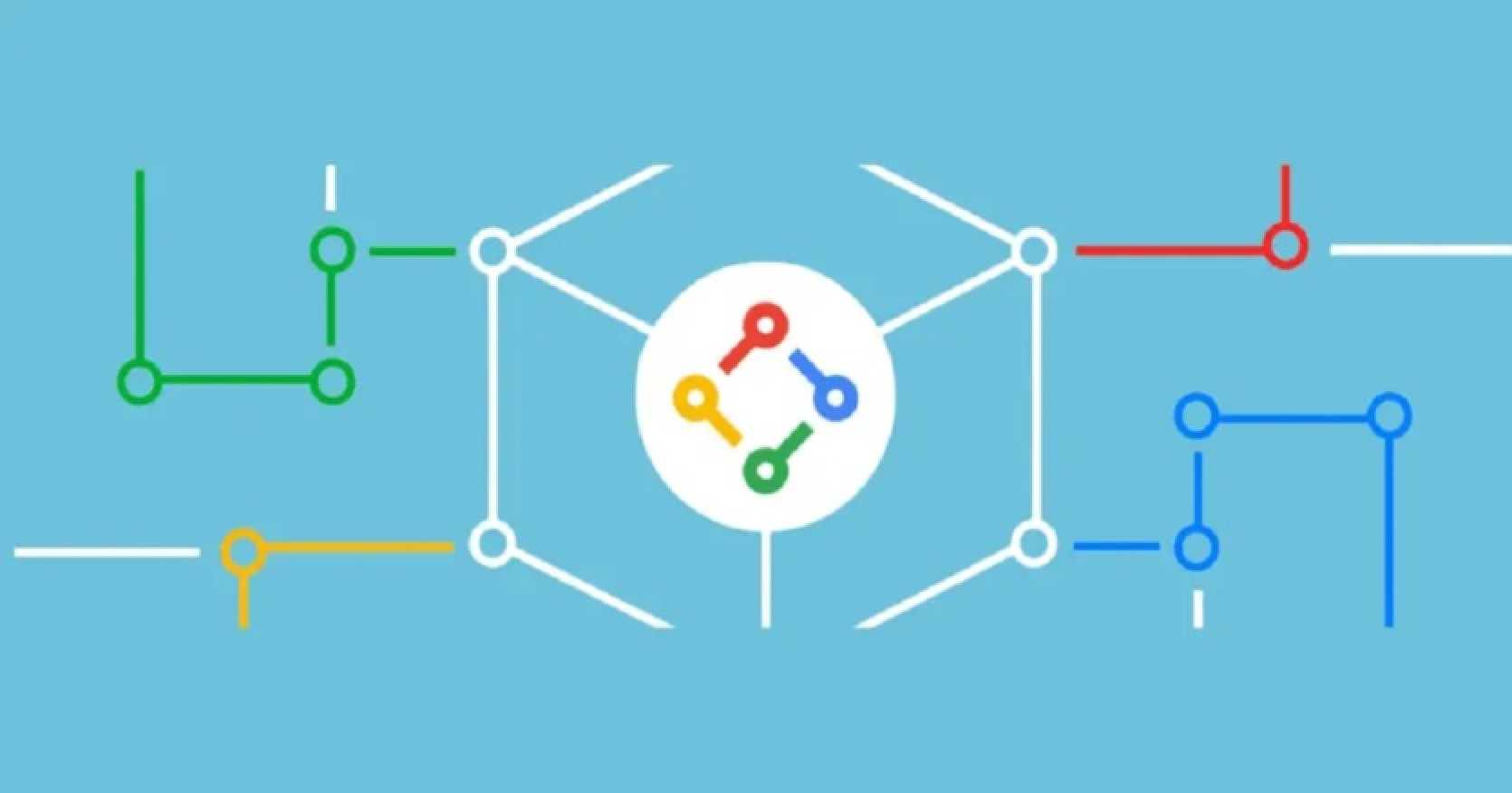


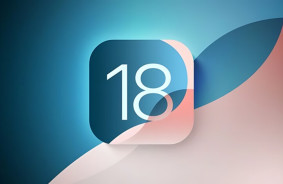
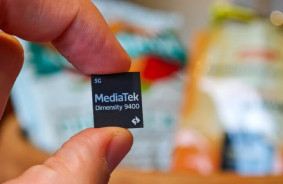
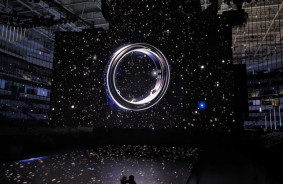
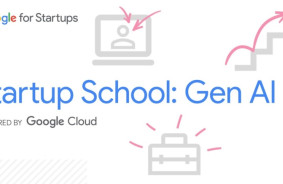
Comments (0)
There are no comments for now